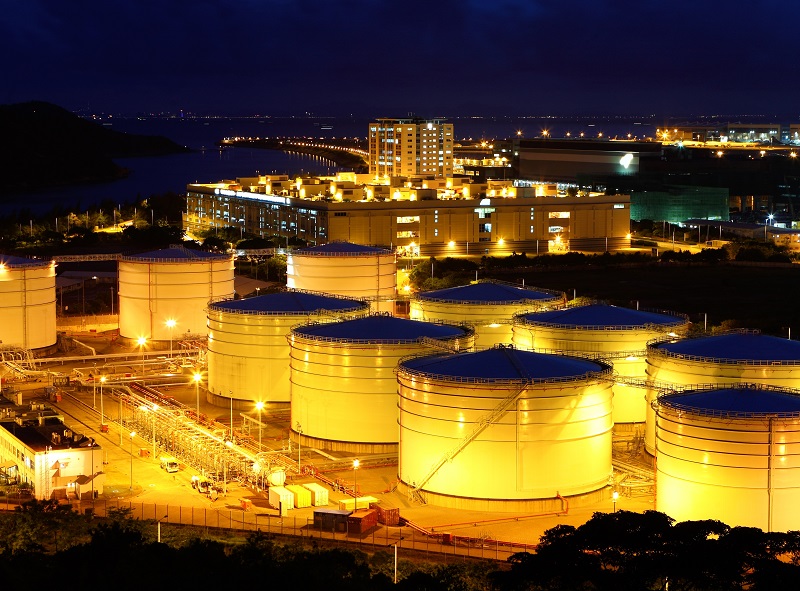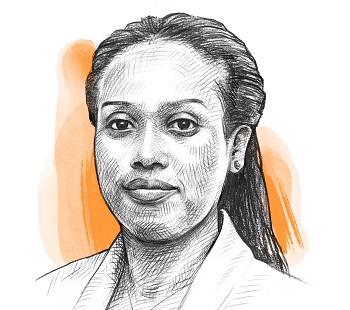KARIYA Project
Objective
-
€15mBUDGET
-
01/01/2023PROJECT START
-
40 monthsDURATION
The KARIYA project is contributing to the protection and resilience of people in the Maradi, Zinder and Niamey regions in Niger by strengthening the operational response capacity of the Civil Protection Service.
More specifically, the project aims to:
• Improve operational coverage and expand the territorial network of Niger’s Civil Protection Service in the Maradi, Zinder and Niamey regions
• Modernise the alert and operational management capacity of the Civil Protection Service at the national and regional levels
• Increase the resilience of people through community activities on risk prevention and first aid.
An operation working closely with local operators
The activities implemented under the KARIYA project are based on a pragmatic approach, with the delivery of simple equipment adapted to the terrain, with easy maintenance for the partners to ensure the sustainability of the action.
The services are provided directly by the national authorities to help strengthen State legitimacy in the area of operation.
The emergency centres supported by the project carry out perception surveys and regular monitoring of developments in emergency interventions, in order to adjust the project during the implementation and capitalise on the experience acquired. Local service providers are responsible for the implementation.
Activities based on three areas
Strengthen operational coverage and expand the territorial network of Niger’s Civil Protection Service
In line with the Government of Niger’s priorities, the project aims to increase the operational capacity of the Civil Protection Service via the triple focus of infrastructure, equipment and training. It takes into account the current and future human resources of the National Fire Brigade and the civilian corps which is currently being operationalised. The objective is to achieve a balance between the regional and departmental levels and cover the main economic areas, without neglecting towns hosting a significant number of displaced persons and/or refugees.
For the Maradi, Zinder and Niamey regions, the project will include the construction and complete equipment of seven fire and emergency services and four emergency centres, as well as the equipment of three additional emergency centres built with the national budget in the following towns: Niamey, Maradi, Madarounfa, Guidan-Roumdji, Aguie, Tassaoua, Dakoro, Zinder, Tesker and Matameye.
Modernise the alert and operational management capacity
The project will work on modernising the emergency call management system and the operations management system. The objective is to substantially reduce the number of lost calls and considerably reduce the response time of firefighters.
The first stage will involve refining the national architecture of the information and communication system proposed by the conclusions of the feasibility study, then validating it with the various stakeholders. This architecture is aligned with the command structure of the Civil Protection Service. In addition to the construction and acquisition of the associated equipment, it will also require training and the development of precise procedures.
Structures will be set up at two main levels:
• At national level: an operational early-warning, alert and crisis management centre and two coordination centres for operations and transmissions
• At regional level: 15 operations and transmissions offices, i.e., 1 for each fire and emergency service and emergency centre, as well as 3 call handling centres and 3 coordination centres for operations and transmissions for each regional fire and emergency service.
Help set up community-based communication and information activities
The third line of action will organise activities to inform people in Maradi, Zinder and Niamey through grants allocated to civil society organisations.
• First aid training for first responders: they will be relays for training and educating members of their community in first aid
• Informing and raise awareness among people about everyday risks: domestic risks, road safety, loss of consciousness, fires in schools, etc.
• Broadcasting of radio programmes and messages to raise awareness of the risks people face: this includes audio forums in French and local languages related to risks and the activities of the Civil Protection Service (knowledge of the mandate, use of the emergency number 18, etc.), as well as spots (1’30 to 2’30 minutes) translated into local languages to broadcast prevention messages about the risks people face.



